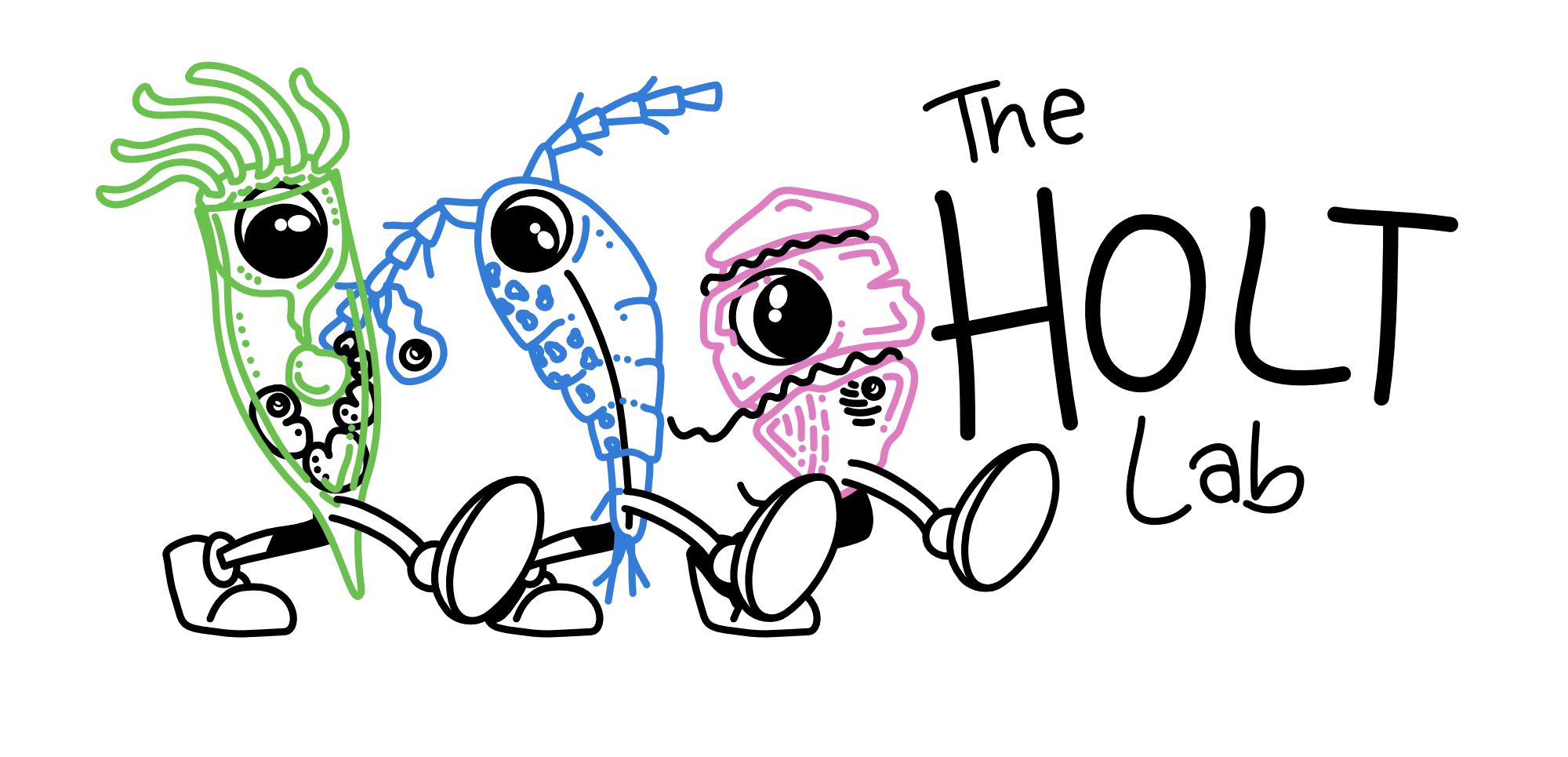Holt CC, del Campo J, Keeling PJ.
An embryonic diapause in unfavourable conditions has allowed brine shrimp to thrive in hypersaline environments and, unexpectedly, mail-order sachets and small, novelty tanks. Marketed as Sea-Monkeys®, each kit involves a 3-step process to generate adult Artemia within a matter of weeks. Whether these kits also allow for the maintenance of a host-associated microbiome is unclear. Therefore, comparing five replicate tanks under the same culture conditions, we sequenced the 16S ribosomal small subunit (SSU) gene to analyse bacterial community compositions in adults, their surrounding tank water, and their feed. Adult Sea-Monkeys® harboured a bacterial microbiome that was clearly distinguishable from the tank water and food. Furthermore, individual tanks had a notable effect on fine-scale microbiome variation. Several Sea-Monkey bacterial variants appeared absent in environmental samples and included genera (Leucobacter and Microbacterium) known to confer desiccation resistance in other hosts. Although Sea-Monkeys® taxonomy is unclear, phylogenetic inference of the cytochrome c oxidase I (COXI) gene from the host animal suggests Sea-Monkeys® belong to the Artemia franciscana ‘superspecies’. Overall, Sea-Monkeys® kits appear to be a convenient and scalable mesocosm for the study of host-microbiome interactions and could serve as a useful tool for future invertebrate microbiome research, outreach, and education.
Read the paper here
Holt CC, del Campo J, Keeling PJ (2024) Source and variation of the amazing live Sea-Monkey microbiome. PLoS ONE 19(8): e0308763.
